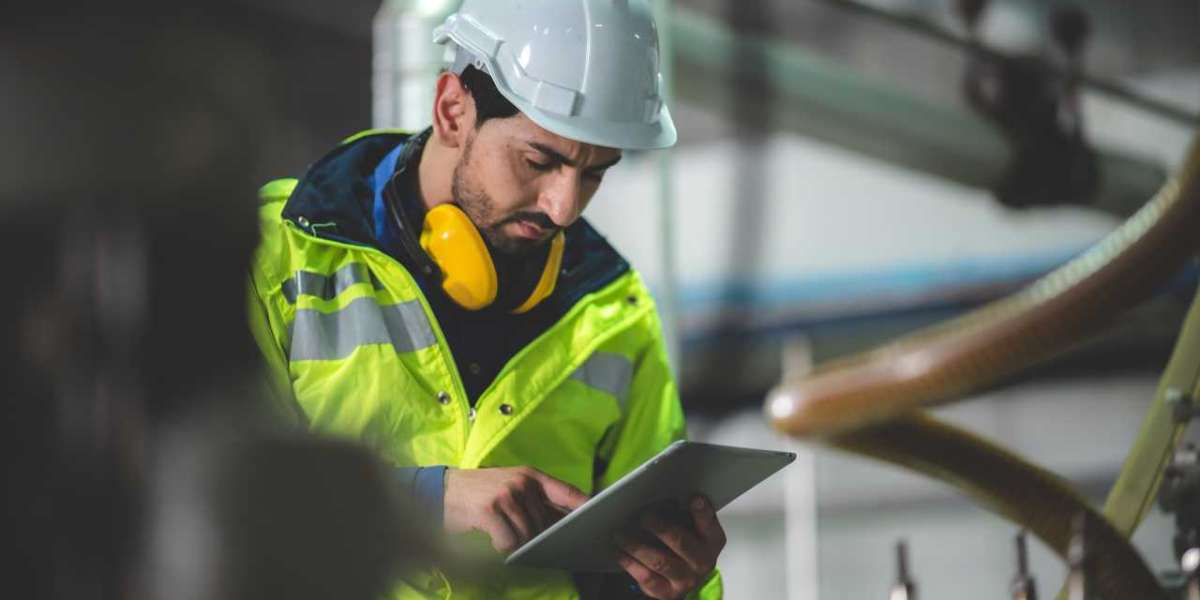Estimators play a key role in construction. Their expertise is crucial for determining project costs. It ensures a profit for construction companies.
But to be a construction estimator, you need more than just math skills. It takes dedication, knowledge, and experience to succeed in this field. I will cover the steps to becoming a construction estimator and share insights from professionals who will tell us what it takes to succeed in this tough but rewarding career.
Keep reading if you like working with numbers and are interested in construction. You will learn how to become a construction estimator.
Skills and Competencies Essential for Construction Estimators
Construction estimators play a critical role in the planning and executing construction projects by providing accurate cost estimates. In Electrical estimating services, construction estimators need a specific set of skills and competencies to excel. To excel in this field, they need a diverse set of skills and competencies. Here are some essential ones:
Mathematical Proficiency:
Estimators must be adept at mathematical calculations, including geometry, algebra, and basic arithmetic, to determine quantities and costs accurately.
Attention to Detail:
Attention to detail is crucial for identifying all necessary elements of a project and ensuring that no components are overlooked.
Analytical Skills:
The ability to analyze plans, specifications, and other documents to determine the scope of work and project requirements is vital.
Technical Knowledge:
A deep understanding of construction methods, materials, and equipment is necessary to make informed decisions about cost estimation.
Reading Blueprints:
Proficiency in reading and interpreting blueprints and technical drawings is essential for understanding project requirements and scope.
Time Management:
Practical time management skills ensure that estimates are completed within deadlines without compromising accuracy.
Computer Literacy:
Modern estimators must be familiar with estimating software (e.g., ProEst, PlanSwift), spreadsheets (Excel), and other relevant technology tools.
Communication Skills:
Strong verbal and written communication skills are necessary for clearly conveying estimate details to clients, contractors, and other stakeholders.
Problem-Solving Abilities:
Estimators must be able to quickly identify potential issues and develop practical solutions during the estimation process.
Organizational Skills:
Keeping track of multiple estimates, documentation, and project details requires excellent organizational abilities.
Negotiation Skills:
Negotiating prices with suppliers and contractors helps reduce costs and stay within budget.
Knowledge of Building Codes and Regulations:
Understanding local building codes, zoning laws, and industry regulations ensures that estimates comply with legal requirements.
By learning these skills, estimators can excel in their roles. They will contribute significantly to the financial planning and execution of construction projects.
Tips for Improving Efficiency and Accuracy in Construction Estimation
Improving efficiency and accuracy in construction estimates is crucial. It ensures project success and profitability. Here are some key strategies to enhance your construction estimation practices:
- Making templates for your projects can speed up estimating. It also ensures consistency across jobs. This reduces the likelihood of missing out on essential d.ails.
- Looking at past projects can provide insights. They show the actual costs and timeframes. This helps refine future estimates. Look at what went well and identify areas where estimates were off.
- Accurate take-offs are essential for precise estimates. Measure materials and quantities accurately. Mistakes here can lead to considerable cost overruns.
- Understanding labor costs and productivity rates is critical. Factor in your crew's experience levels and any potential downtime to create more accurate labor estimates.
- Investing in reliable estimating software can significantly enhance your efficiency and accuracy. The tools can do the math for you. They can also save data. They can work with other project systems.
- Engage with stakeholders early in the project. Gather detailed needs and clarify any uncertainties. This collaboration avoids miscommunications and ensures all parties understand the project's scope.
- Using cloud platforms allows for real-time updates and enables collaboration among team members regardless of their location. This ensures that everyone is working with the most current information6.
Using these strategies can significantly improve your construction estimates. This leads to better project planning and execution.
To read more articles visit Zzatem
Conclusion
Being a good construction estimator requires technical skills, a strong work ethic, and attention to detail. Following the tips outlined in this post, including staying organized, continuously learning about industry trends, and effectively communicating with clients and team members, you can set yourself up for success in this rewarding career. Remember always to stay adaptable and creative when faced with challenges, as the construction industry is constantly evolving. Whether you are just starting or have been in the field for years, there is always room for improvement and growth in your role as a construction estimator. So go out there and utilize these strategies to become an even better estimator, and watch as your projects become more efficient and profitable.








